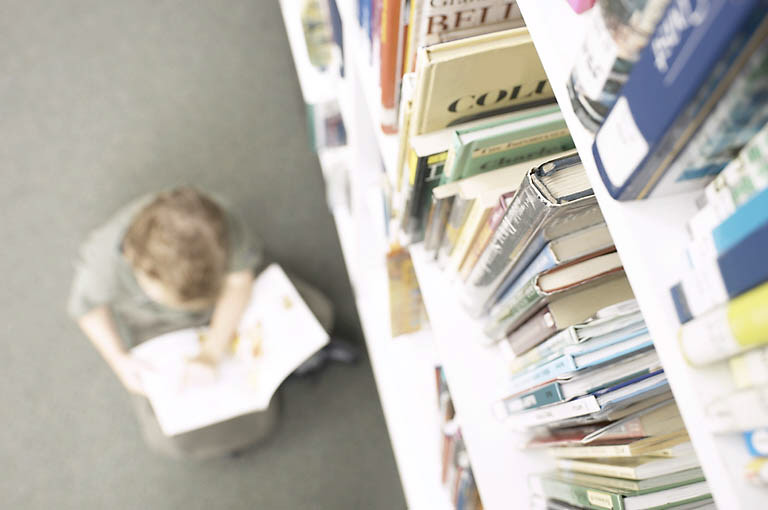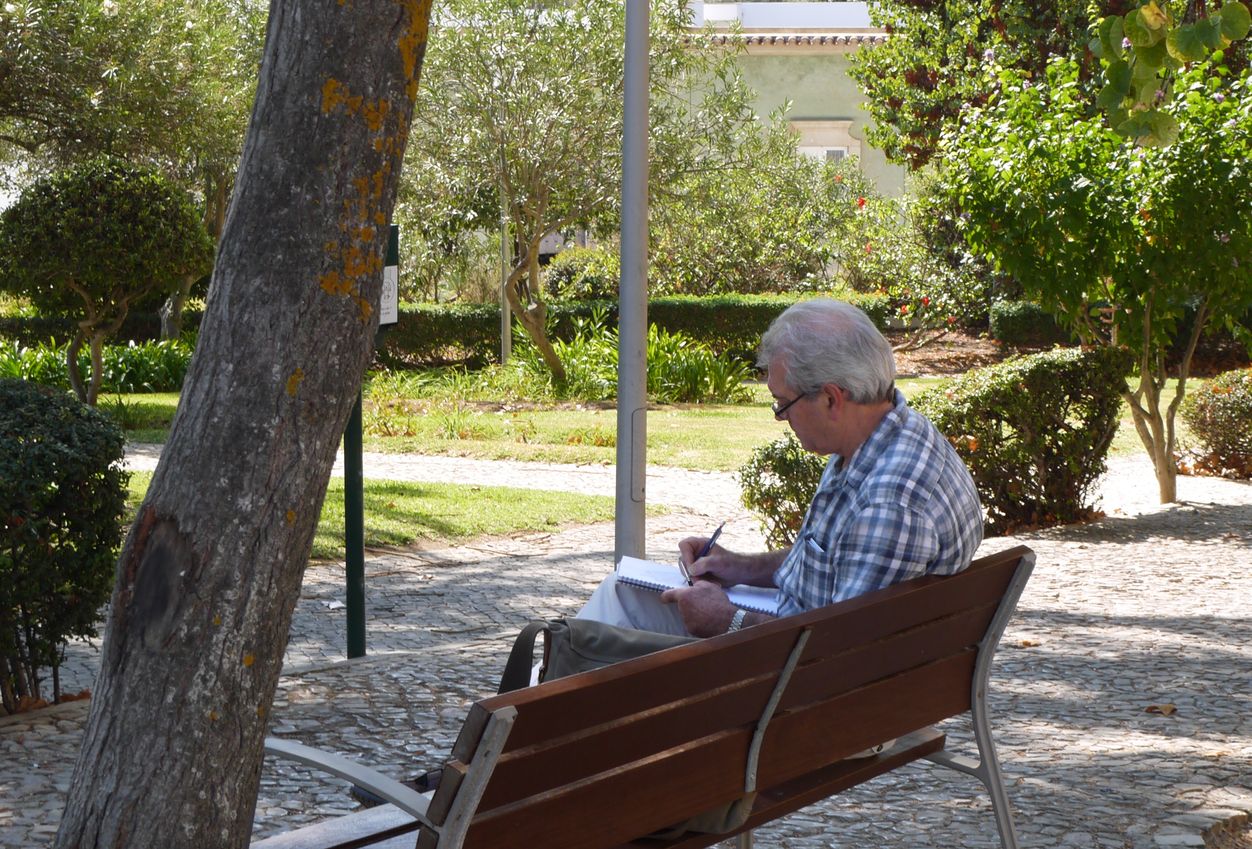The Parliament of European Union has accepted the new Copyright Directive proposed by the Commission. The EU Parliament, Commission and Council will negotiate the details, aiming at having the law proposal ready for EU member states by the end of 2018. Although some details may still change, the overall purpose and objectives have been accepted by the Parliament. What does the new EU copyright directive mean for authors and book publishers?

The article 11 and article 13 are the most discussed items in the copyright directive. The directive includes many other important items, like making digital content product available across borders (inside EU), making it easier to deal with data mining in research institutions, and other clarifications for use of copyrighted material in academic and educational environments.
Author/publisher relationship in the article 12
The article 12 deals with author-publisher relationship directly, aiming at giving publishers more rights for compensation when a work is licensed, for instance, to a library. In many countries, libraries pay small fees to authors for book loans. Publisher don’t usually benefit from this. The directive wanted to make it possible.
Some national author organizations were concerned about the article 12 that it would have restricted author’s copyright, but the wording of the article was changed to clarify it before the Parliament voted.
Change of business model for news aggregators indicated in article 11
Some European countries, like Germany and Spain have already tried to make big internet service platforms pay for the content they extract from newspapers and other news sources. Often this involves the title, a snippet and a link to the page where the news was published. So far, attempts to charge news aggregators like Google have failed.
It may appear an innocent activity, but when companies, such as Google and Facebook do it on a massive scale, it is actually a good business case for them. Valuable free content that an algorithm only has to sort and display to visitors.
The new directive gives news publishers a strong negotiating position to charge news aggregators and other internet services that use publishers’ news items in newsfeeds and other functions of their sites.
Authors and book publishers who have blogs where they comment on news and link to news sources need to follow closely what the exact requirements and practices for free linking and referring to news sources will be as EU negotiations proceed. Linking to an external web page, and extracting text or photos from an external web page are two completely different things.
I have not been able to find anything in the EU Directive that would restrict linking to web pages, be it a newspaper or anything else.

It is business as usual for authors and publishers despite article 13
In the EU, a creator of a work (author, composer, film maker) always owns the copyright to the work. He or she can transfer (sell) the rights or partial rights to someone else, like a publisher. Anyway, the owner of the rights decides where, how and who can read, listen or view the work.
This basic principle of copyright law hasn’t changed at all, but EU wants to adopt Article 13 that enforces the rights owner’s rights specifically on the internet. The article more or less directly addresses dominant internet services, like YouTube, Facebook and Wikipedia “service providers that store and provide to the public access to large amounts of works or other subject-matter uploaded by their users”.
EU’s point seems to be to make it absolutely clear that an internet service platform is responsible for all the content available on the service – user-uploaded or otherwise made available. It also makes it clear that all copyrighted works shared on a platform must have the rights owner’s explicit consent.
There are no grey zones anymore. The rights owner is entitled to a decent compensation if he or she has agreed that the work is made available on an internet service.
The curious thing in the article 13 is that it mentions “effective content recognition technologies” as a measure for preventing unlicensed content on a sharing service. Why on earth does it have to mention how a monitoring task can be executed? Leave it to the innovative businesses to create a solution. Hopefully this will be changed or removed during the negotiations.
For an author or book publisher, the article 13 is not earth-shattering news. If a copyrighted ebook has been uploaded to a sharing service, it has always been a copyright violation and the rights owner has been able to ask officials to intervene.
Online encyclopedias that have borrowed lengthy pieces of content from nonfiction books should look into their practices before problems arise. Also some fan fiction services may have content available extracted from fiction books. Right owners’ consent must be sought in each case.
The big fuss about the EU copyright law primarily concerns mixing and sharing culture
Most music makers, photographers, film makers, writers and publishers are happy to see a strong stance in favor of copyright protection, but some artists see risks in restrictions. The EU directive is trying to level the playing field between the rights owners (who can be a self-published author without any legal help) and internet giants that dominate search, advertising, social media and sharing services.
New works – music, films, books, photos – can be, and always have been, created using existing works more or less directly in the process. In the digital era, a new song can have the tune of “Every Breath You Take” but with new words and beat. Digitally merging old and new photographs or video clips is easy.
Sharing exciting video clips and funny photos or pieces of texts on social media is so common we don’t think about it anymore. Sometimes, someone has done a lot of work to produce that piece of work.
Loud advocates who want the current fuzzy situation to continue argue that preventing sharing or mixing is against freedom of speech and harmful for the entire internet.
It is true that EU’s new directive is straightforward with copyright owners’ rights, and eventually it will have an impact how sharing, mixing and news aggregation services operate on the internet. The services must change their processes so that all new content that becomes available on the site has cleared ownership checks, and if it is a copyrighted work, an agreement with its owner is in place.
Very little, if anything, will change because of EU’s new copyright law for an author who is writing his or her next book, or for a publisher that is investing in the production of a new book. The business model, after all, is still the same for them: produce an original work and market it to an audience that pays for the product.

Very optimistic view on the new EU copyright law. It leaves room to apply restrictions and charge online services extra for the service they are providing to people.